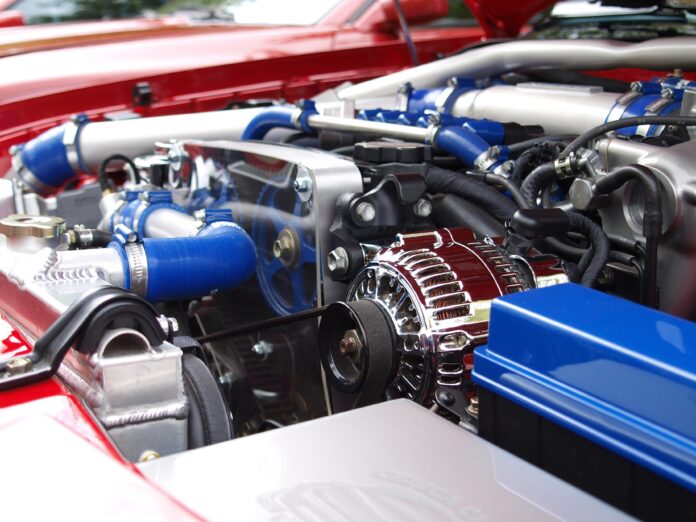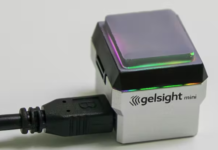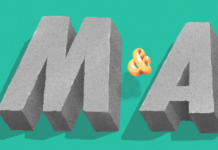Popular manufacturing company General Motors is collaborating with a Canadian battery recycler to recycle and manufacture new batteries from older recycled battery materials. Due to the rising cost of batteries and the prevailing supply shortage experienced in North America, GM is positioning itself to scale up EV production in its region.
Through its subsidiary GM Ventures, GM has already invested in Lithion Recycling in a Series A fundraising round. Lithion Recycling deals with advanced battery recycling technology. With this collaboration GM and Lithion Recycling plans to establish a circular economy through the recycling of EV batteries and solve a critical and persistent issue which has plagued its ecosystem for a while now. It is also a welcome development as the automotive industry pushes an agenda to do away with gas engines by 2030.
Previous efforts on EV products released globally was channelled to the construction of reliable charging stations to cater to the battery-electric vehicles which should likely be on the road by the end of the decade, but certain unforeseen contingencies have altered this arrangement. Due to the consequences of the Covid-19 pandemic and the more recent war in Ukraine the global supply chain to access the raw materials for battery manufacturing has been seriously affected. This has led to scarcity and made the product more expensive.
Automakers including GM are now pushing to collectively gave some regulatory control over batteries supply. These companies are poised to control supply by getting directly involved with operations and battery lifecycle. It is projected that close to 15 million tons of Lithium-ion batteries currently in use will be phased out by 2030and this same projection aligns with automaker’s deadline for doing away with gas engine vehicles.
So many partnerships are in the offing presently. Nevada-based Redwood Materials for instance has partnered with Ford, Volkswagen, Volvo and Toyota. The partnership with Toyota involves the gathering, refurbishing and recycling of batteries a d battery materials which are dispatched to its prospective battery plant in North Carolina. According to projections by the metals recycler, the market for battery recycling will be in the excess of $18.7 billion by 2030.
Jeff Morrison, GM’s vice president of global purchasing and supply chain, thinks GM’s partnership with Lithion will help the automakers consolidate its efforts to develop a workable supply chain and recycling plan which will grow with the company.
In his statement, Morrison explains
“In Lithion’s technology, we see the opportunity to recover and reuse raw material in our lithium battery packs, making the EVs we produce even more sustainable and helping drive down costs.”
Lithion will officially begin its commercial operations in 2023. The company has projected a lithium ion battery capacity of 7,500 metric tons annually. The company also plans to launch its hydrometallurgical plant in 2025.
As originally reported in (https://techcrunch.com/2022/09/23/gm-invests-in-canadian-battery-recycler-to-fight-supply-shortage/)


















